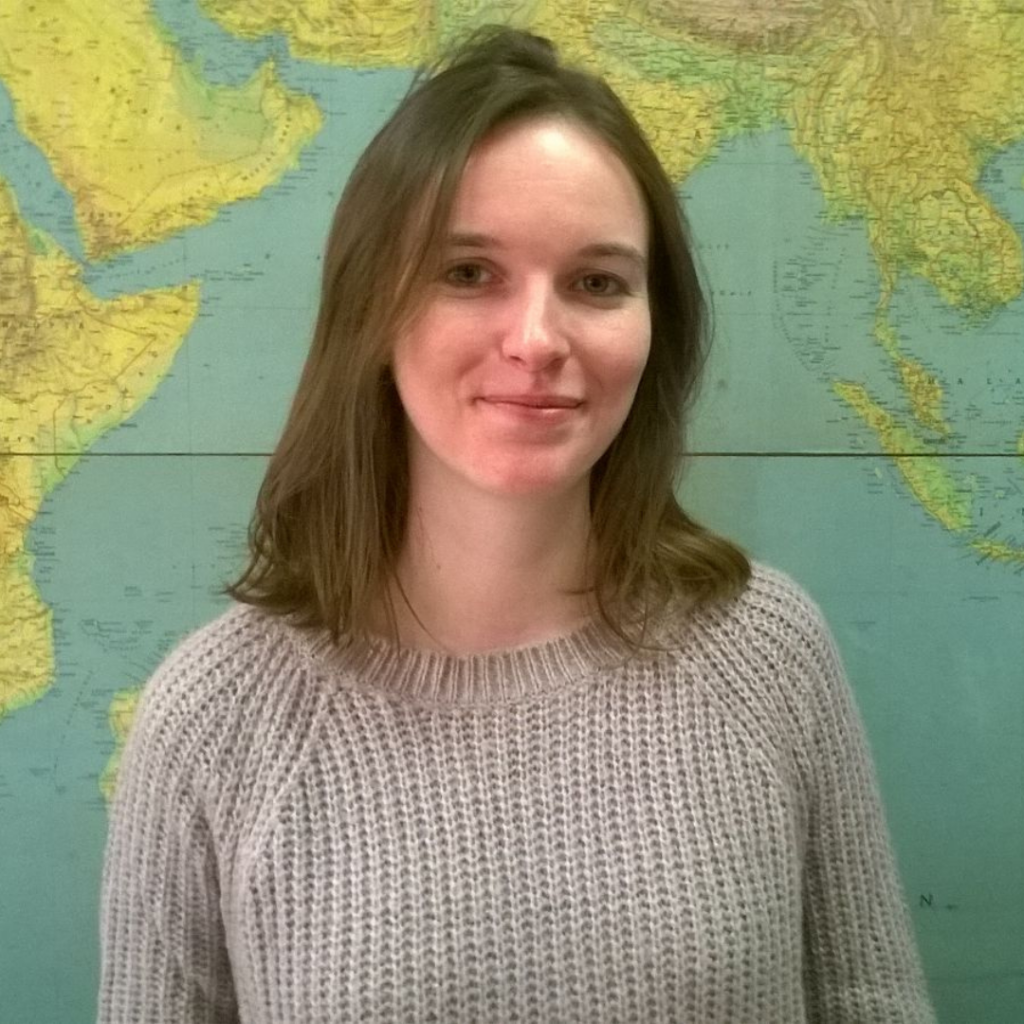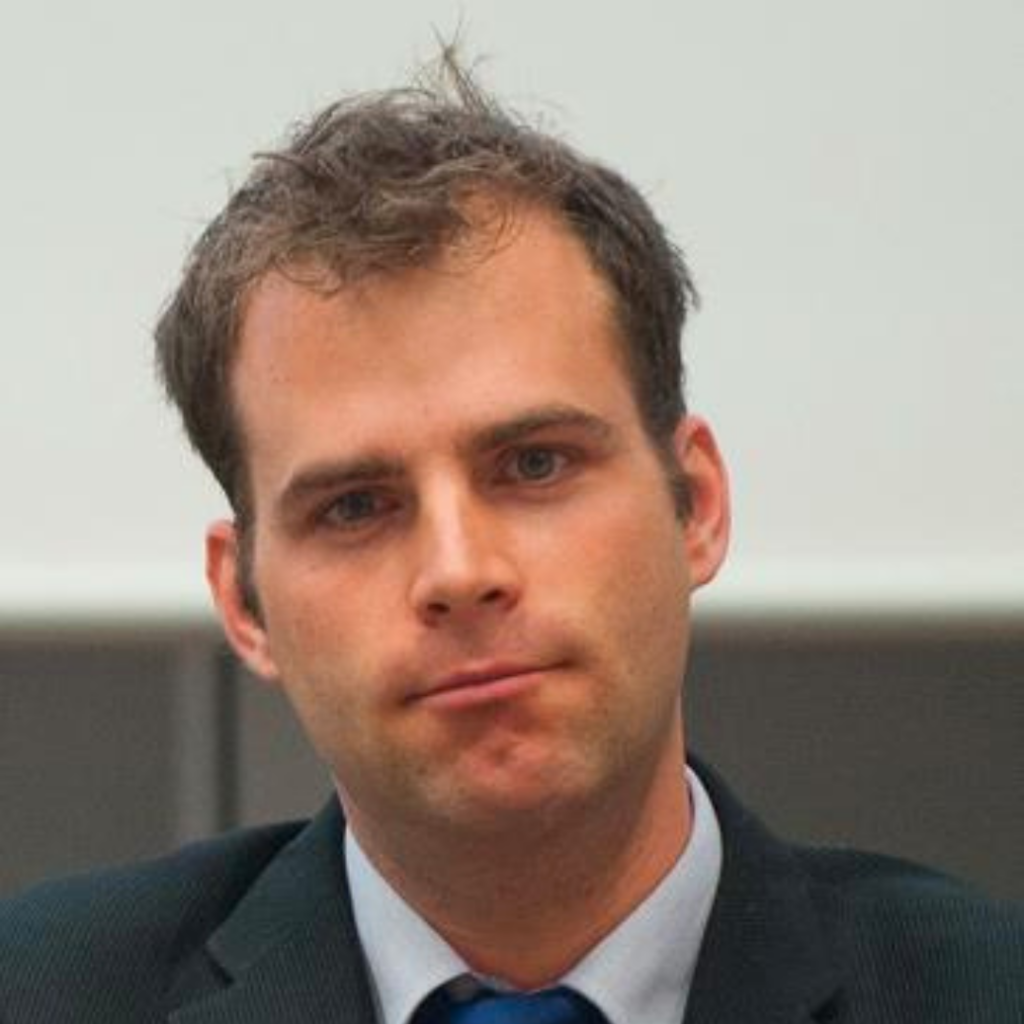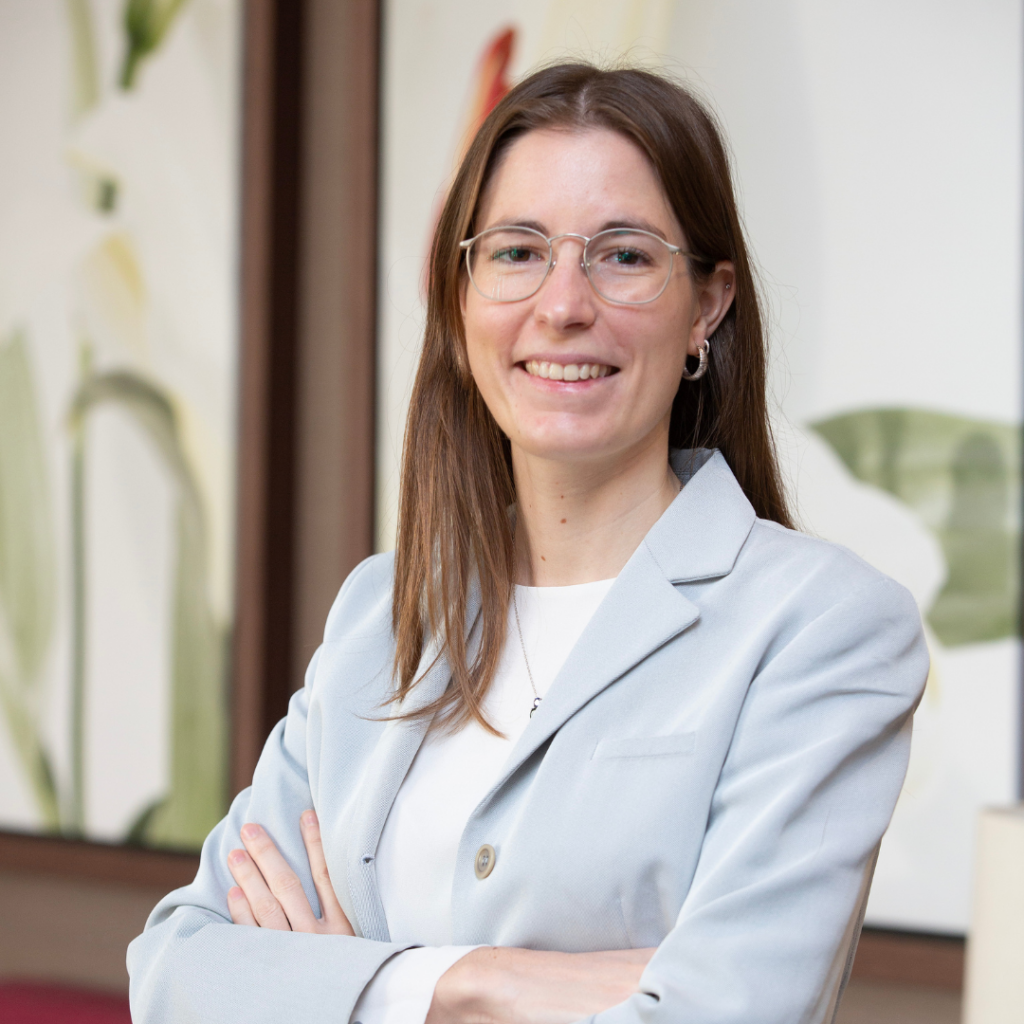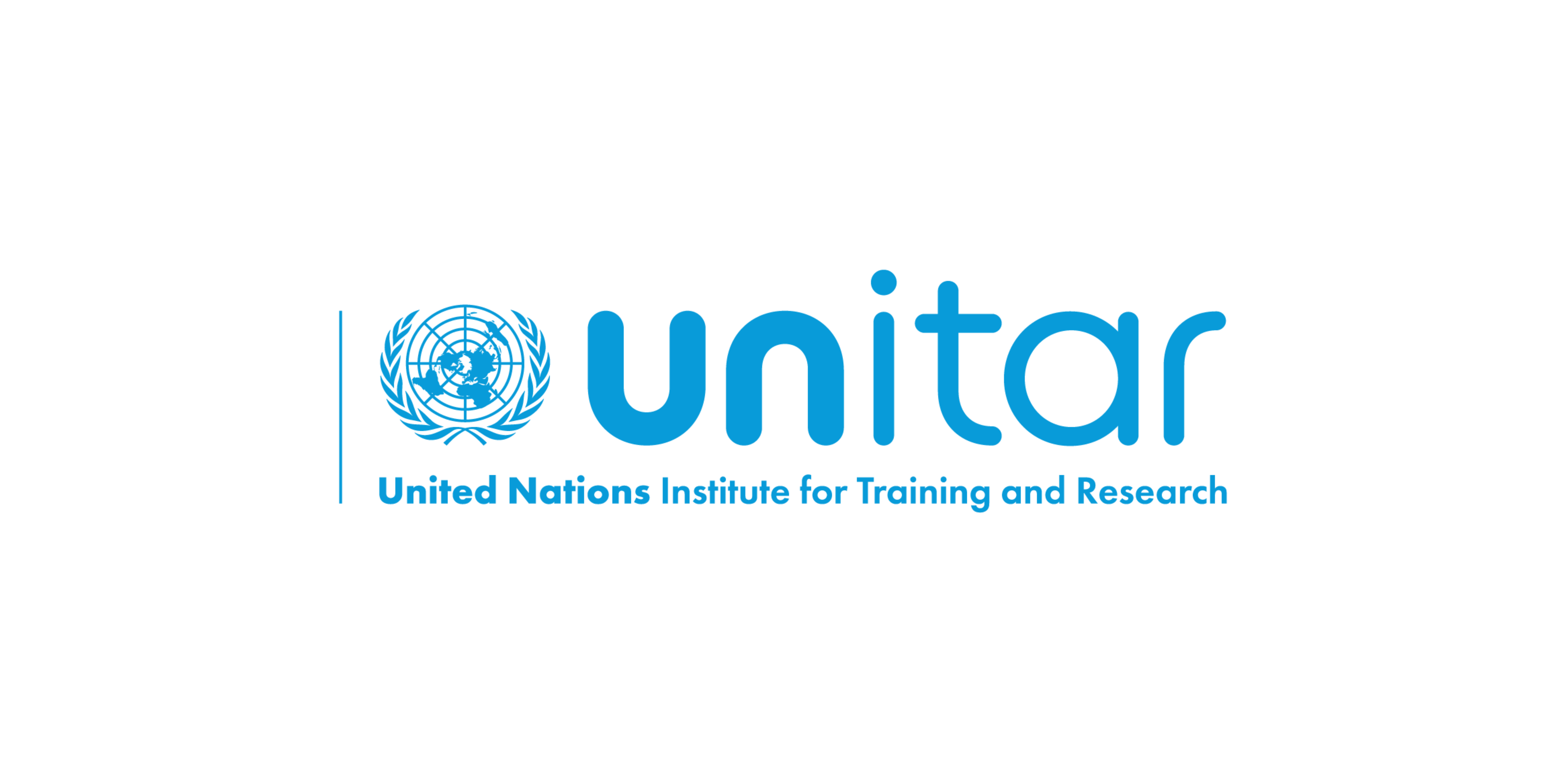Meet the team working on CE-RISE

Elise Vermeersch: Hi, I’m Elise Vermeersch, Associate Programme Officer at UNITAR-SCYCLE. I joined the SCYCLE team in 2016, initially working on the issue of transboundary movement of waste. Over the years, my fields of interest and expertise have diversified to the management and monitoring of waste and natural resources, sustainable development, and circular economy. My daily work consists in both applied research and project management, and I am currently involved in a number of international and European projects. Among those, I oversee UNITAR’s tasks on CE-RISE and contribute to the stakeholder engagement and training activities.
I am very enthusiastic about the potential of DPP to influence both consumers and industry behaviours. I believe that CE-RISE can greatly contribute to the European Union’s objectives of waste reduction and reuse of raw materials by promoting circular strategies throughout the value chain.

Kees Balde: Hi, I’m Kees Baldé, Senior Scientific Specialist at UNITAR-SCYCLE. I am the initiator of the E-waste Monitor series, co-founder of the Global E-waste Statistics Partnership, author of various global, regional, national e-waste and battery studies, and manager of research projects. I am also a member of global expert groups on circular economy, waste, and sustainable development goals. I frequently provide policy advice to governments and is the chair of the board of the Dutch National (W)EEE Register and public speaker to television, media, scholars, and policy makers. I am the project manager of the CE-RISE project within SCYCLE and am involved in stakeholder engagement, research, and statistical analysis.

Elena Fernández Cubillo: Hi, I’m Elena Fernández Cubillo, Consultant at UNITAR-SCYCLE. I joined SCYCLE in 2023 to work on the CE-RISE project. I have a strong background in engineering and sustainability, and my work involves research, data collection and analysis, and project development and implementation, with a focus in e-waste, circular economy, and digital product passports. I am the day-to-day implementer of the CE-RISE project within SCYCLE.
I am excited about the potential of the CE-RISE system to facilitate the reuse, repair and remanufacture of products, making the most of what is already here and reducing the generation of waste.
More about UNITAR-SCYCLE
SCYCLE is a program under the United Nations Institute for Training and Research (UNITAR), focused on advancing sustainable production, consumption, and disposal patterns for electrical and electronic equipment (EEE) and other ubiquitous goods. Formerly part of the United Nations University (UNU) for 27 years, SCYCLE transitioned to UNITAR at the end of 2021 and is now integrated into UNITAR’s Division for Planet, headquartered in Bonn, Germany.
SCYCLE is at the forefront of global discussions on e-waste, advocating for sustainable e-waste management through a life cycle thinking approach. Their activities include:
- E-Waste Research and Statistics: SCYCLE produces influential reports like the Global E-waste Monitor, providing critical data and insights on e-waste generation and management worldwide.
- Policy Advice: The team offers strategic policy advice to governments and international bodies on e-waste and circular economy practices.
- Capacity Building and Training: SCYCLE conducts extensive training and capacity-building programs to promote sustainable e-waste management and circular economy principles.
UNITAR-SCYCLE’s role in the project
SCYCLE’s involvement in the CE-RISE project aligns with its mission to mitigate the environmental impact of EEE production and disposal. The project focuses on developing and promoting the use of Digital Product Passports (DPPs) to enhance circular business models. SCYCLE leads the project’s stakeholder engagement and training activities, which have two main goals: to define the necessary information for a Digital Product Passport (DPP) and to promote the use of DPPs and RE-criteria within the value chain.
To achieve the first goal, we identify stakeholders’ needs and requirements regarding DPPs to maximize the efficiency of RE practices, as well as the criteria found in legal documents, standards, certifications, and labels. This information is fundamental for defining the RE criteria to be used in CE-RISE.
To achieve the second goal, we will develop recommendations for the industry on how to apply RE criteria in their businesses to enhance circular business models. We will also develop learning material to promote the use of RE-criteria for implementing sustainable circular business models, facilitating fact-based decision-making, and highlighting the role of DPPs and the CE-RISE information system.
SCYCLE believes that the CE-RISE project can significantly contribute to the EU’s goals of waste reduction and raw material reuse by fostering circular strategies across the value chain. The team is enthusiastic about the potential of DPPs to drive both consumer and industry behaviour towards more sustainable practices.

